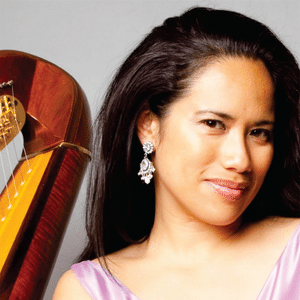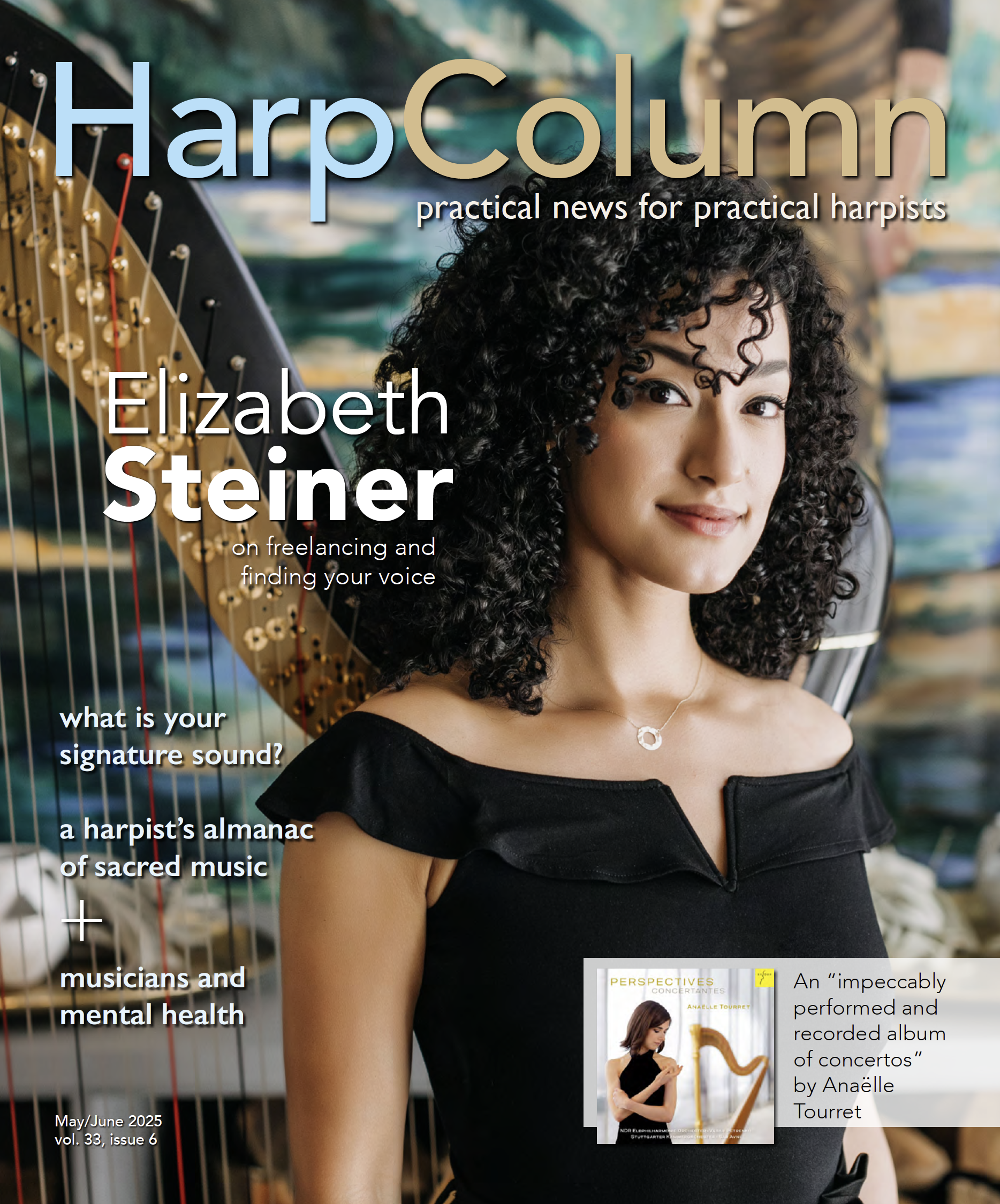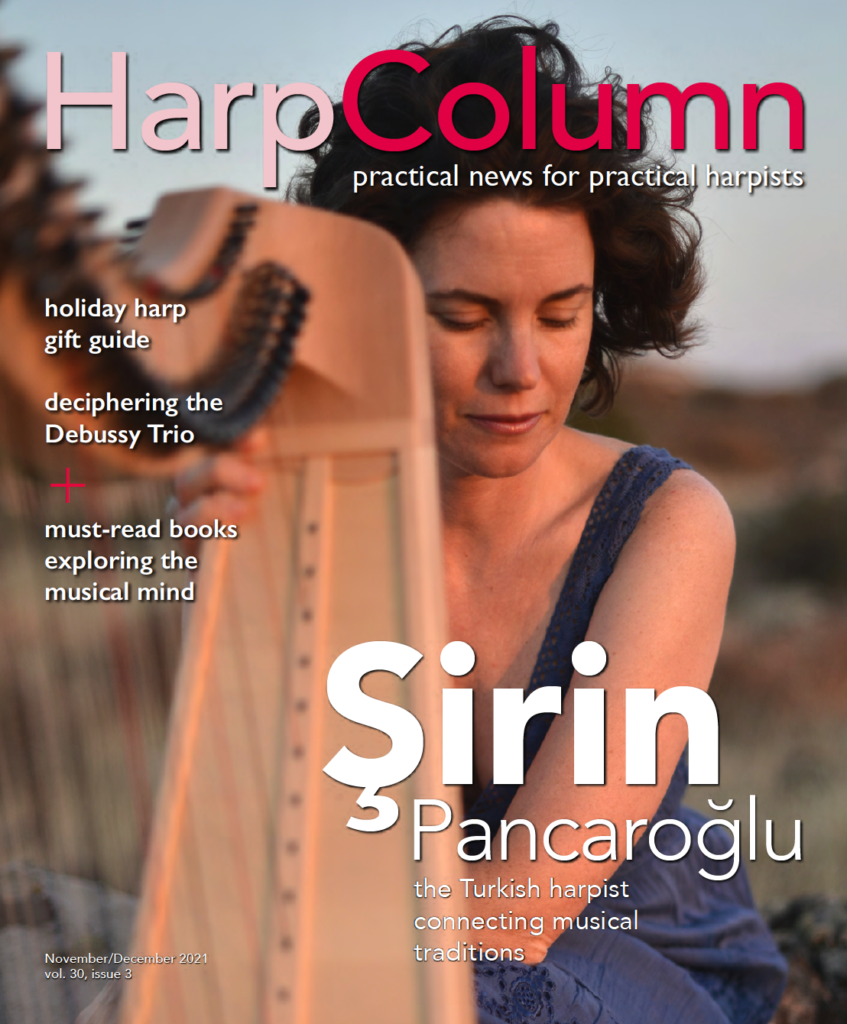
Yes. Even with all the various platforms available to us today, I think the business card is still a very relevant way to network. In spite of how significantly we have advanced technologically over the past several decades, there is still a demographic that prefers something tactile to refer to. They can feel and see it right away versus potentially losing you on their phone: out-of-sight-out-of-mind, can’t-remember-your-name-or-where-they-put-you phenomenon.
However, I would definitely encourage everyone to at least learn about what’s available out there, including social media. Learning, using, and managing these platforms can be daunting, but if you’re willing to try something new, I suggest exploring maybe two or three ways you can comfortably communicate or network.
But beyond all of that, what will ultimately make an indelible impression is what comes from you on your harp. As you invest in your marketing, make sure your “product” is solid so people can’t help but look for you.
—Riza Printupp

I still receive requests for my cards at every event. Your picture with the harp guarantees the client will remember what you do. If one side of the card is blank, they can write the location or date of the event you performed, which may be very helpful. Your contact information should have a font that is easy to read with colors that pop against the background.
If you booked the event yourself, you may display an elegant card holder near where you perform. I find that the best time to offer cards to the caterer or coordinator is after the event when everyone is more relaxed and enjoying conversation. If you are booked by an agent or contractor, you should use their cards and write your first name only. Do not give out personal cards at an agent event.
A contemporary method of sharing information is a digital business card such as may be found on the HiHello.me app. Once you create a card you may send clients a link via email, text, or social media or by sharing your QR code. Basic service is free.
—Victoria Schultz

A physical (paper) business card is still very much relevant in today’s business world at large and, as a result, within the harp industry. I can’t remember the last time I sought out a professional and wasn’t handed a business card as a means to keep in direct contact and to make a personal connection. It’s an industry standard still in practice and effective today.
In a digital age with so much information being transmitted via email, text, social media, etc., it’s an endless and exhausting stream of digital bites that come from behind a screen. There is so much information that can get buried as quickly as it is sent. As convenient as it can be, it’s not personal nor tangible, and almost never creative. Because of these reasons and more, I believe it’s a good idea to always have a card on hand and available to boldly give to clients. Reach outside the screen, make a personal connection, and have that one-on-one personal interaction…you never know where that may lead. •






